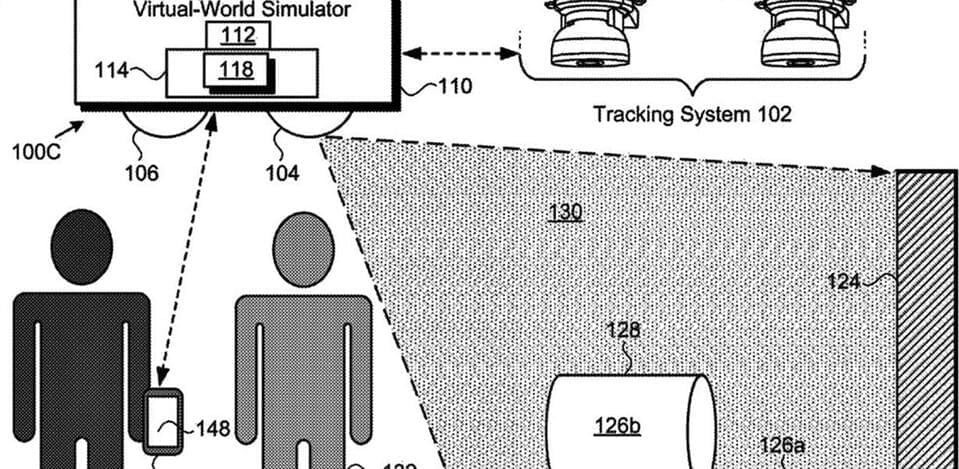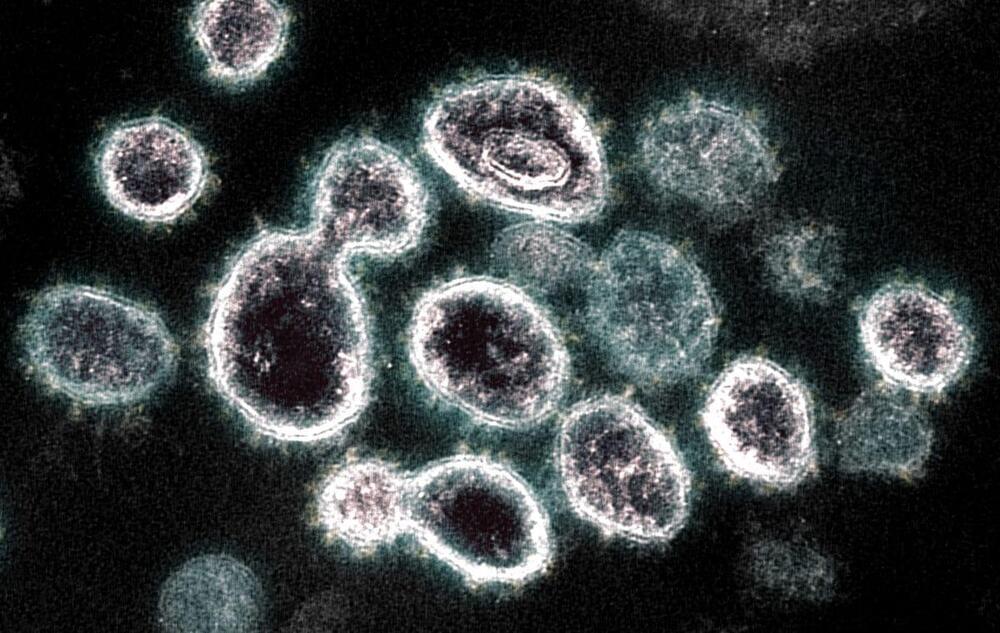Areas like deep learning and large language models are set to be high on the AI research agenda this year.



This article was contributed by Valerias Bangert, strategy and innovation consultant, founder of three media outlets, and published author.
AI job automation: The debate
The debate around whether AI will automate jobs away is heating up. AI critics claim that these statistical models lack the creativity and intuition of human workers and that they are thus doomed to specific, repetitive tasks. However, this pessimism fundamentally underestimates the power of AI. While AI job automation has already replaced around 400,000 factory jobs in the U.S. from 1990 to 2007, with another 2 million on the way, AI today is automating the economy in a much more subtle way.

The immersive tech could eventually allow park visitors to interact with Mickey Mouse and Elsa as images, not cast members in costume.
Disney is joining the metaverse party.
We aren’t talking online gigs or business meetings with avatars. Disney wants to enhance the virtual dimension of its theme parks with its Virtual World Simulator, new technology for which it was granted a patent in the U.S. on December 28.
The system could be used as follows: a user enters a venue or ride in which images are projected onto flat and curved surfaces, creating an immersive virtual environment. The user’s movements are tracked and the projections change accordingly, maintaining the sense of a complex, coherent world. Their shifting viewpoint is gauged with a technique called Simultaneous Localization and Mapping, or SLAM.


A Cypriot scientist defended his assertion that a new strain of Covid-19 exists that combines characteristics of the delta and omicron variants.
Other scientists have speculated that Leonidos Kostrikis’s findings are a result of laboratory contamination. But he told Bloomberg in an emailed statement Sunday that the cases he has identified “indicate an evolutionary pressure to an ancestral strain to acquire these mutations and not a result of a single recombination event.”
SpaceX launched another batch of Starlink satellites to the fourth shell of the constellation for the first global orbital launch attempt of the year.
Lifting off from historic Launch Complex 39A (LC-39A), the Starlink Group 4–5 mission lifted 49 Starlink v1.5 satellites southeastward from Kennedy into a 210 × 339 km low Earth orbit with an inclination of 53.22 degrees.
Following payload separation, the satellites will slowly raise their orbit until they are in their operational altitude of 540 km. This process takes several months due to the low-thrust but high-efficiency Krypton ion thrusters on the Starlink satellites.

Recharging Drones in only 45 minutes.
Recently, Autel Robotics released a new drone charging platform that allows drones to take on multiple recursive missions independent of weather across a wide variety of industrial applications, including industrial energy inspection, natural disaster monitoring, and more.
But another tilt-rotor VTOL drone from Autel can transition to a “fixed-wing” mode, and “scout areas after a hurricane, with a lot of different really high-end camera options,” said John Simmons, a representative for Autel Robotics at the CES 2022 exhibit.
The drone charging platform is called EVO Nest, while the long-range, fixed-wing VTOL is called the “Dragonfish” series. And it could simplify the energy needs of visual surveillance, monitoring, and public service.
Full Story:

The Pentagon, the CIA, and the State Department are already using the technology.
Who can forget the attack on Capital last January 6th? For those who do remember it well, there is an urgency to do something to avoid it ever happening again. One way to do that is to predict these events before they happen just like you can predict weather patterns.
Some data scientists believe they can achieve exactly that, according to The Washington Post. “We now have the data — and opportunity — to pursue a very different path than we did before,” said Clayton Besaw, who helps run CoupCast, a machine-learning-driven program based at the University of Central Florida that predicts coups for a variety of countries.
This type of predictive modeling has been around for a while but has mostly focused on countries where political unrest is far more common. Now, the hope is that it can be redirected to other nations to help prevent events like that of January 6th. And so far, the firms working in this field have been quite successful.

According to an AP news release, Turkmenistan’s President Gurbanguly Berdimuhamedow appeared on state television telling officials to put out the flames at the “Gates of Hell,” a giant natural gas crater in the middle of the Karakum desert, about 260 kilometers (160 miles) north of Ashgabat, the capital of Turkmenistan.
The crater was created in 1971 during a Soviet drilling accident that hit a gas cavern, causing the drilling rig to fall in and the earth to collapse underneath it. The Soviets decided to burn off the gas by setting it on fire to prevent the dangerous fumes from spreading. Unfortunately, tapping into a vast natural reservoir of flammable methane gas, the pit has been burning since then, even growing in size over time. The now 70 meters (229 feet) wide and 20 meters (65 feet) deep crater is a popular tourist attraction, especially at night time. Officially named the “Shining of Karakum,” the crater is also known as the Darvaza Crater, after the nearby village of Darvaza, and online as the Door to Hell or Gates of Hell, thanks to the boiling mud and roaring, red flames covering the crater floor.
Full Story: